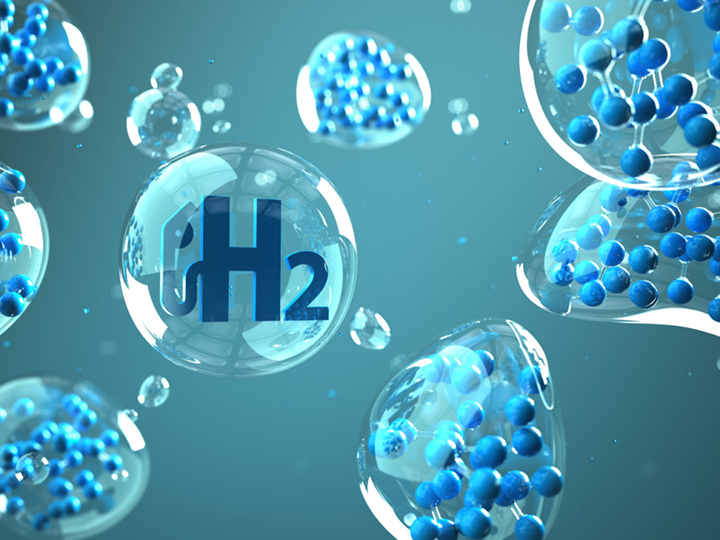This course describes fundamental properties of hydrogen, compares those properties to other fuels, and describes specific hazards to be addressed with hydrogen systems.
Center for Hydrogen Safety
This course is presented by the Center for Hydrogen Safety (CHS). CHS is a global-oriented non-profit dedicated to promoting hydrogen safety and best practices worldwide.
The CHS identifies and addresses concerns regarding the safe use of hydrogen:
As a sustainable energy carrier
In commercial and industrial applications
In hydrogen and fuel cell technologies
Who Should Attend
This course is intended for everyone.
What You’ll Learn
Gaseous and liquid hydrogen’s characteristics and behaviors
The differences and similarities of hydrogen and conventional fuels
Hazards associated with hydrogen
Outline
Module 1: Properties of Gaseous Hydrogen
Properties of Gaseous Hydrogen
Weight/Buoyancy
Size/Diffusion
Energy
Embrittlement
Asphyxiant
Flammability
Gaseous Hydrogen Metrics
Module 2: Properties of Liquid Hydrogen
Properties of Liquid Hydrogen
Cryogenic Liquid Hydrogen
Liquid Hydrogen Hazards
Module 3: Comparing Hydrogen to Other Fuels
Comparing Hydrogen to Other Fuels
Hydrocarbon Fuels
Hydrogen Compared to Other Common Fuels
Toxicity
Flammability
Vapor Density / Buoyancy
Leaks
Energy
Color / Odor
Autoignition Temperature
Burning Velocity
Metal Embrittlement
Module 4: Hydrogen Hazards
Types of Hydrogen Hazards
Hydrogen Gas Leaks
Hydrogen Gas Flammability and Ignition
Hydrogen Ignition Sources
Hydrogen Flames
Incident: Fire at a Hydrogen Fueling Station
Hydrogen Explosions
Types of Hydrogen Explosions
Unignited Release
Ignited Release
Example: Hydrogen Complex Hydrogen Explosion – Ignited Release
Deflagration and Detonation
Incident: Hydrogen Tank Leak, Fire, and Explosion – Unignited Release
Liquid Hydrogen – Additional Concerns
Characteristics of Liquid Hydrogen Leaks
Estimated Time: 1.00 hour
